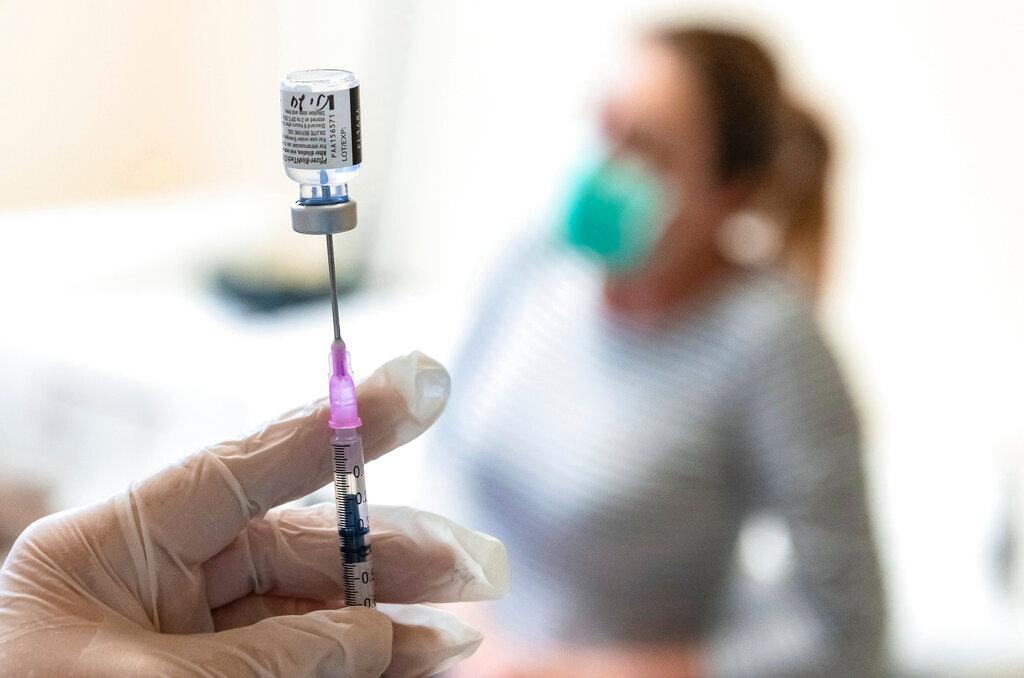A low dose of the Pfizer-BioNTech COVID-19 vaccine didn’t produce a significant immune response among children between the ages of 2 and 5, the two firms said on Friday.
Amid clinical trials that are ongoing, the two drugmakers tested 3 micrograms of the vaccine in kids aged 6 months to less than 5 years of age. Children between 6 months and 2 years produced an immune response comparable to individuals aged 16 to 25 years after two adult doses of the mRNA vaccine (30 micrograms), the companies said.





